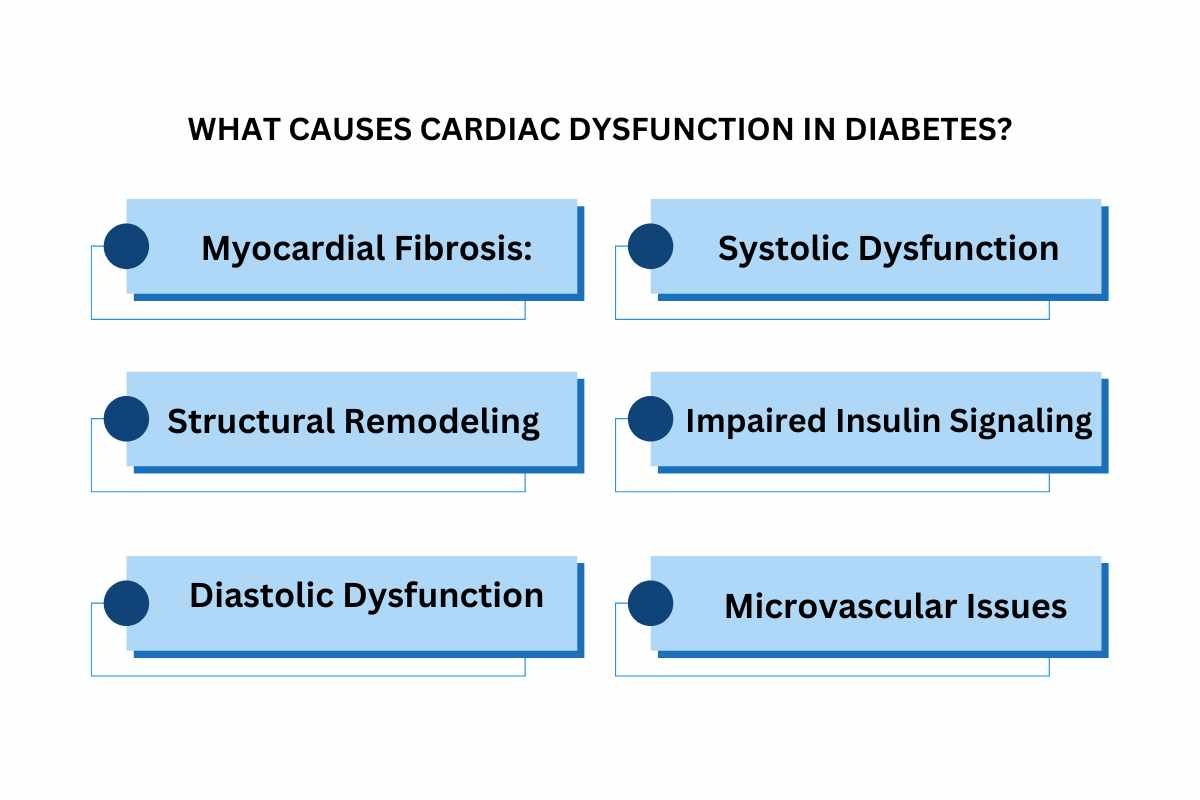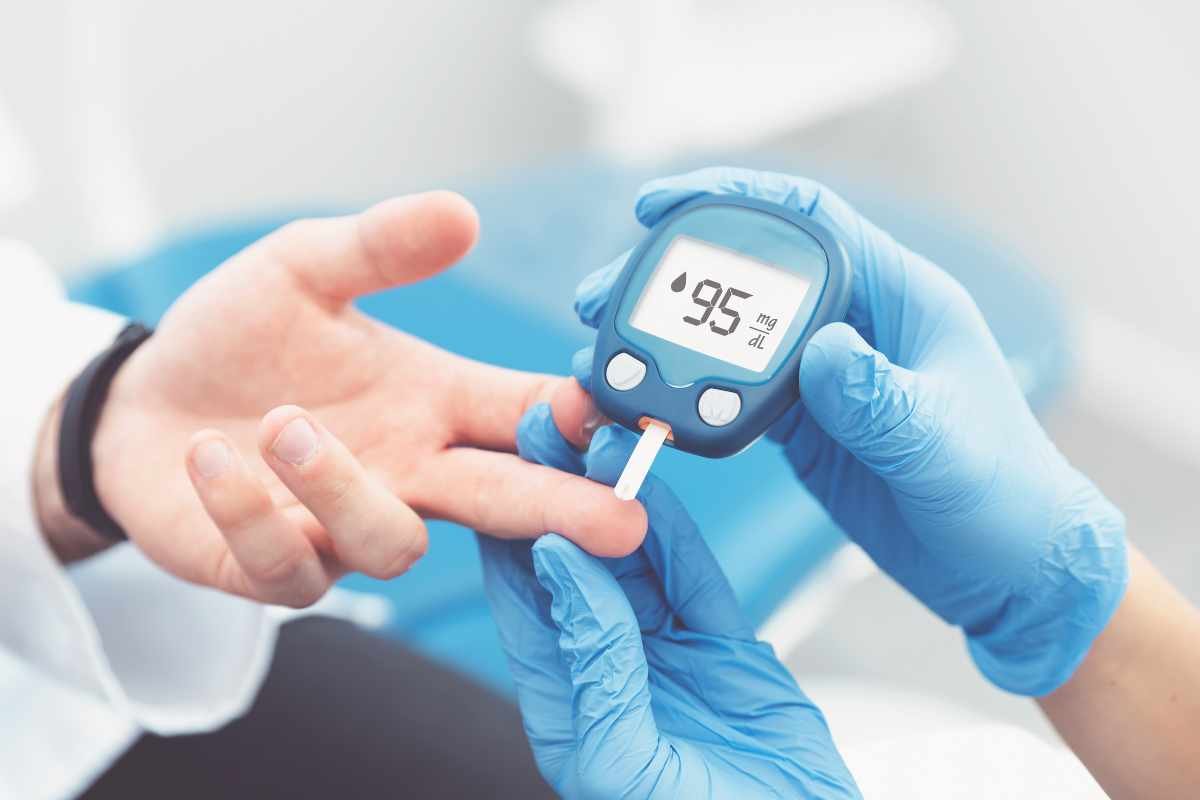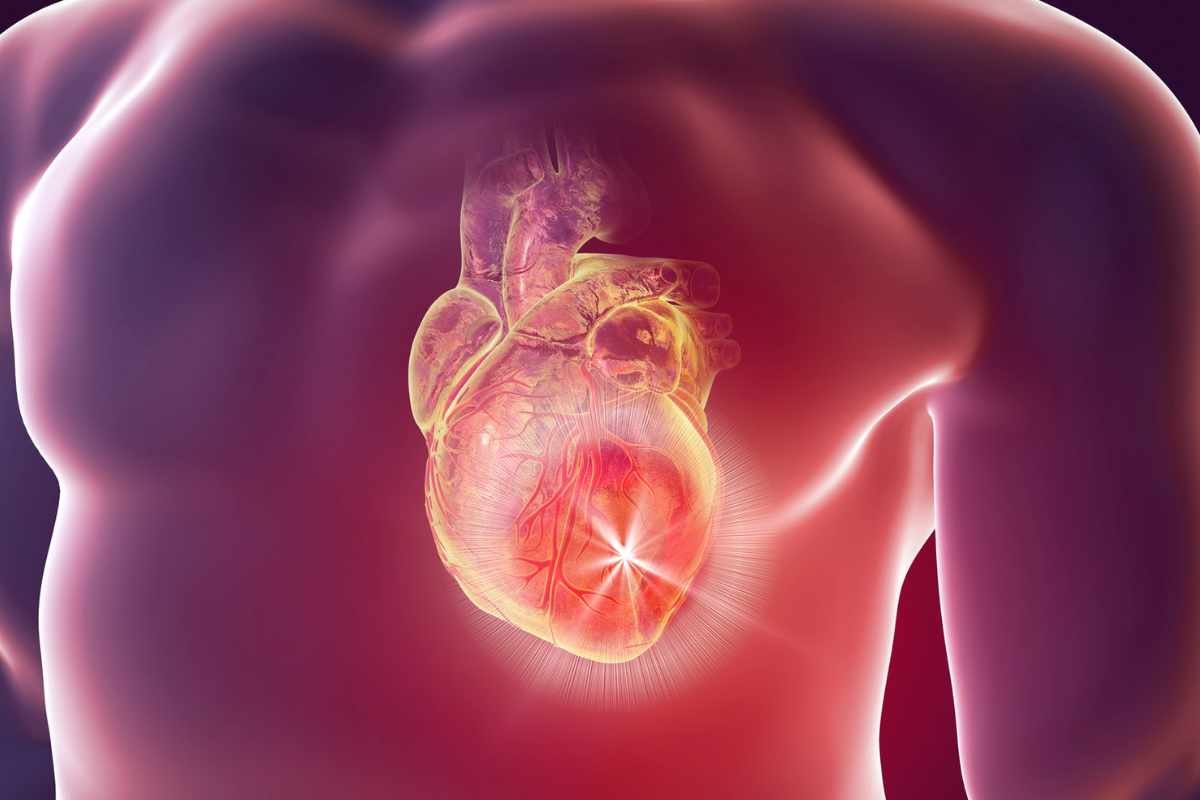Globally, these days, every third person is suffering from diabetes, and the count is increasing day by day. Many people focus on managing their blood sugar levels but neglect the seriousness of the disease for their hearts. Since it is attached to diabetes, it is known as diabetic cardiomyopathy. This type of cardiac dysfunction in diabetes can happen even if the person has no records of heart disease in the past.
Let’s understand diabetic cardiomyopathy, its condition, symptoms, causes, and how it can be treated.
What is Diabetic Cardiomyopathy?
Diabetic cardiomyopathy refers to changes in the structure and function of the heart caused directly by diabetes. When a patient is suffering from heart problems he suffers from high blood pressure or clogged arteries which is different when it comes to diabetic cardiopathy. This type of cardiac dysfunction in diabetic patients develops without the traditional heart problems. Patients suffering from diabetes should take preventive steps to avoid diabetic cardiomyopathy.
Let’s see how one can recognize if he is suffering from diabetic cardiomyopathy and how it can be diagnosed.
Symptoms of Cardiac Dysfunction in Diabetes
No clear symptoms of diabetic cardiomyopathy are observed in its initial stages. This makes it difficult to diagnose. The first sign is left ventricular hypertrophy (LV hypertrophy). Here, the patient will experience an increase in the thickness of the heart muscle. This can lead to the following:
- Difficulty in the heart’s ability to fill with blood and relax
- Increased pressure in the heart chambers.
- Contraction issues
If this type of cardiac dysfunction in diabetes advances, it can lead to serious symptoms and ultimately result in heart failure. Some of them are:
- Shortness of breath.
- Fatigue.
- Reduced ability to exercise.
What causes Cardiac Dysfunction in Diabetes?

Diabetic cardiomyopathy is caused by a combination of factors that can damage the heart over time. The below-mentioned are some of the causes:
- Myocardial Fibrosis: This is a case where excess collagen is secreted in the patient’s heart. This makes their heart stiff, and they will not be able to relax during diastole.
- Structural Remodeling: The heart muscle thickens, which results in decreased heart function.
- Diastolic Dysfunction: The stiffness of the heart prevents proper filling with blood.
- Systolic Dysfunction: This type of dysfunction means the heart’s pumping ability starts weakening over time.
- Impaired Insulin Signaling: Normal metabolism of the heart is disrupted due to diabetes, which can worsen its functioning.
- Microvascular Issues: Diabetes damages small blood vessels that reduce the oxygen supply of the heart.
Who is at Risk?
The risk of developing cardiac dysfunction in diabetes is for people who have been suffering from this disease for a long period and who do not manage their blood sugar levels. Diabetic patients with high blood pressure and cholesterol are mostly at risk. In many cases, it is also seen that diabetic patients are more at risk than non-diabetic people. To avoid this, diabetic patients should regularly visit the doctor for heart health checkups.
Diagnosis
The below-mentioned are some of the diagnostic techniques used by doctors to check a patient’s heart.
- Doctors will perform imaging tests of the patient’s heart to check its structure and functioning. The imaging tests detect if the heart muscle has thickened or has reduced relaxation.
- Cardiac MRIs provide detailed images to identify stiffness in the heart.
- Another tool is Biomarkers or B-type Natriuretic Peptide (BNP). They help to identify heart failure or strain on the heart, if there is any.
Unfortunately, if one happens to be diagnosed with diabetic cardiomyopathy, the below treatments need to be followed.
LifeStyle Changes to handle the Cardiac Dysfunction in Diabetes
It’s rightly said, ‘Control your sugar, or it will control you.’ It is important that diabetic and non-diabetic people eat, sleep, and do some exercise regularly to keep their blood sugar levels normal and enjoy a healthy heart.
1. Blood Sugar Control

Diabetic patients should keep their blood sugars within the target ranges to prevent heart damage. Medicines such as metformin, SGLT2, and GLP-1 receptors will not only keep the blood sugar levels controlled but will also protect the heart.
Note: It is advised that one should take recommendations from their doctors before consuming the medicines that are mentioned.
2. Healthy LifeStyle
Practicing meditation, yoga, or regularly doing some sort of exercise improves overall health. A diet that is rich in fruits and vegetables permitted for diabetics, along with whole grains and lean proteins, can help in weight management. Avoiding alcohol consumption and smoking will certainly prevent heart damage.
3. Keeping the Blood Pressure and Cholesterol levels low
Diabetic patients must consume statins and blood pressure medicines recommended by doctors to keep their blood pressure low and avoid bad cholesterol that might worsen heart issues.
4. Routine Checkup

One must visit their doctor regularly to take the image tests mentioned above to avoid further health complications.
5. Knowing heart failures
One must know the signs of heart failure, fatigue, and breathlessness. This will help them to take care of themselves.
Final Thoughts
We hope you have understood cardiac dysfunction in diabetes through this blog. Patients and doctors can work together to avoid or cure this dysfunction. Early detection, normal blood sugar levels, and healthy heart habits can make a great difference in improving one’s heart health. As detection of this dysfunction is not easy, several strategies and treatments are being researched for improving the health of diabetic patients.








